Roses are timeless symbols of beauty, romance, and elegance in gardens around the world. Whether you’re nurturing hybrid teas, climbers, shrub roses, or fragrant heirloom varieties, one essential practice ensures healthy, abundant blooms: proper fertilization. While synthetic fertilizers have been popular for decades, many gardeners now prefer organic fertilizers for their natural, sustainable benefits — both for their roses and the environment.
If you’re wondering where you can source organic rose fertilizers, this guide will provide you with detailed information on various purchasing options, reliable sources, homemade alternatives, and how to choose the best organic nutrients for your rose garden.
Why Choose Organic Fertilizers for Roses?
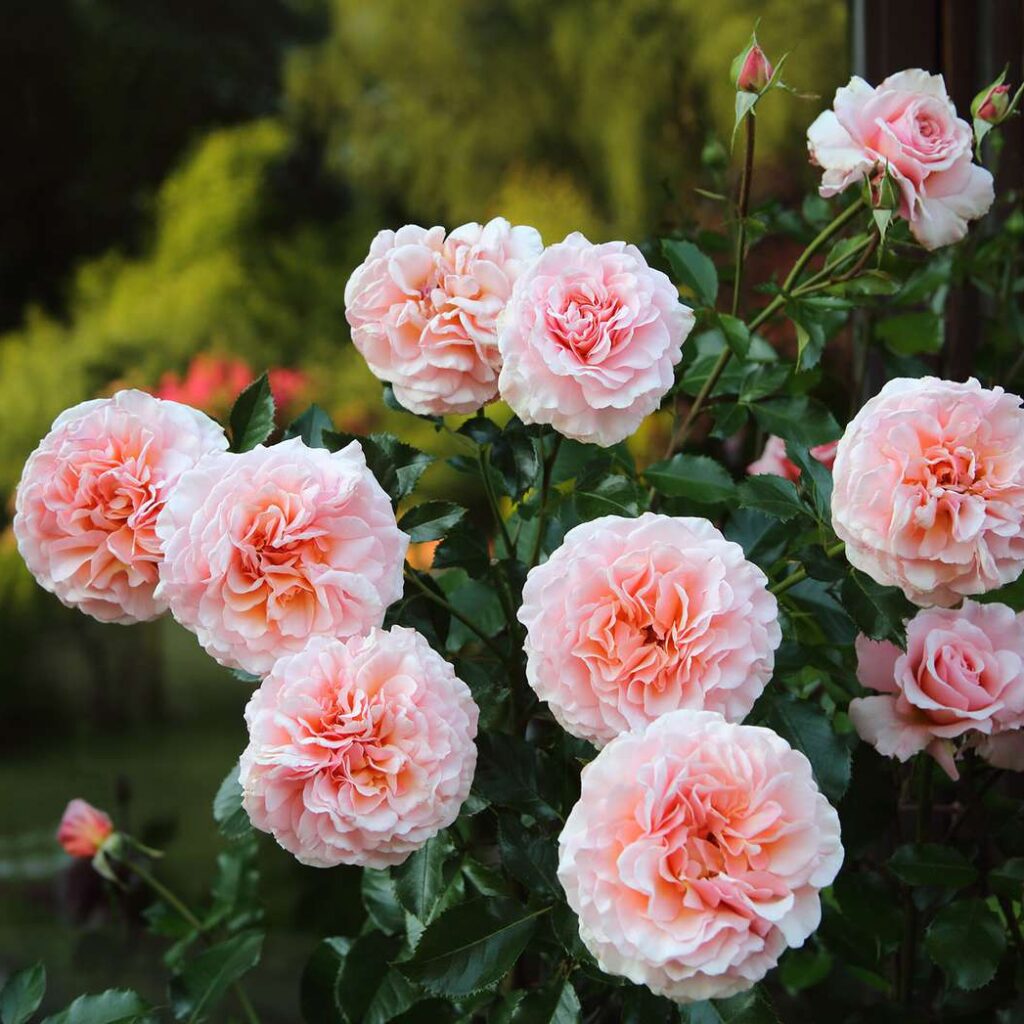
Before exploring sourcing options, it’s helpful to understand why organic fertilizers are a smart choice for roses:
- Gentle, slow-release nutrients feed plants over time.
- Improve soil structure and promote microbial activity.
- Reduce risk of chemical burn and overfeeding.
- Safe for beneficial insects, pets, and pollinators.
- Environmentally friendly and sustainable.
Organic fertilizers release essential nutrients such as nitrogen (N), phosphorus (P), and potassium (K) naturally, improving soil fertility while enhancing your roses’ color, fragrance, and overall vigor.
Types of Organic Rose Fertilizers
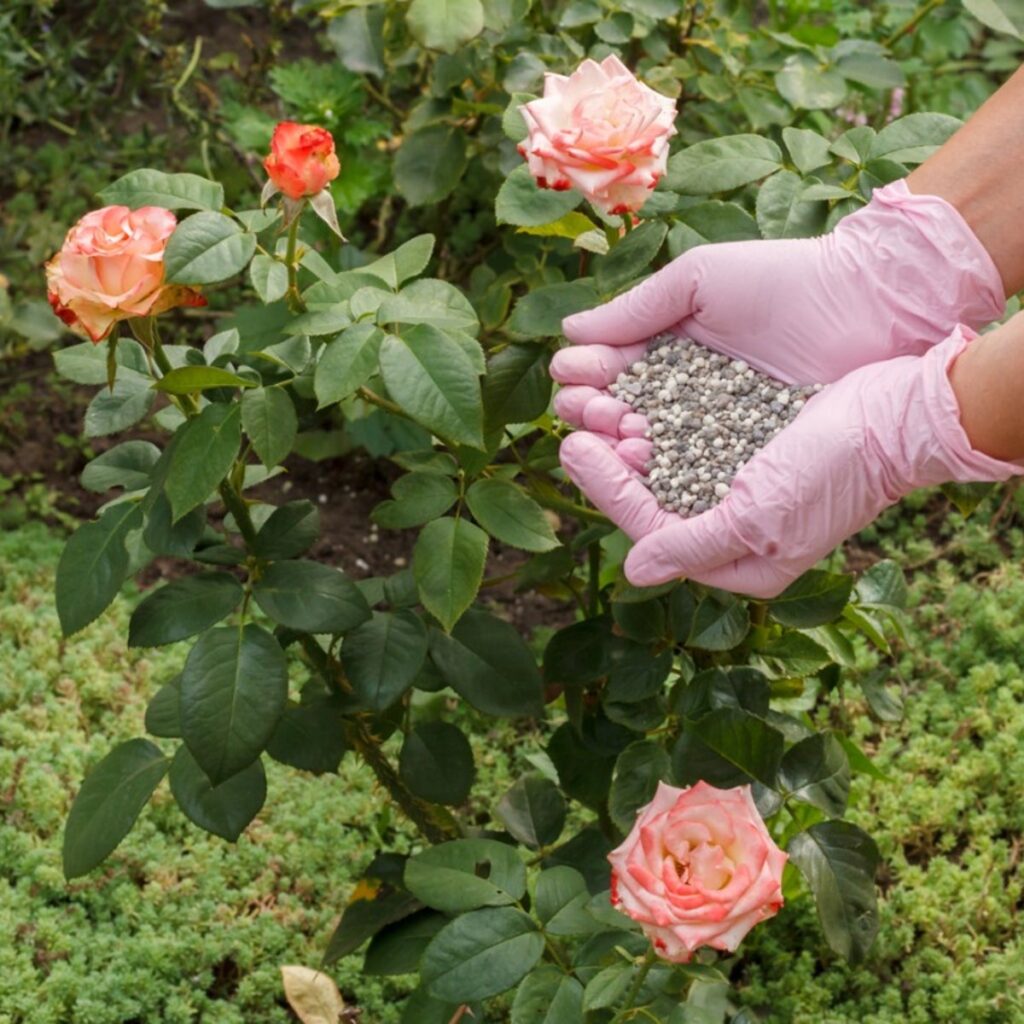
There are several types of organic fertilizers commonly used for roses:
- Composted manure (cow, chicken, horse)
- Bone meal (high in phosphorus for root and bloom development)
- Blood meal (rich in nitrogen for leafy growth)
- Fish emulsion (quick nitrogen boost)
- Alfalfa meal or pellets (stimulates new cane growth)
- Seaweed extract/kelp meal (micronutrients and growth hormones)
- Organic granular rose fertilizers (pre-mixed formulations)
Many gardeners use a combination of these products for balanced, season-long nourishment.
Where Can You Source Organic Rose Fertilizers?
You have several convenient options when it comes to sourcing organic fertilizers for your roses, ranging from local garden centers to online retailers and DIY options.
Local Garden Centers and Nurseries
One of the most reliable places to find organic rose fertilizers is your nearby garden center, nursery, or horticulture supply store.
Benefits:
- Staff can offer personalized recommendations based on your region and soil type.
- Often stock locally produced organic products.
- Avoid shipping fees and support local businesses.
Common Brands You Might Find:
- Espoma Organic Rose-tone
- Jobe’s Organics Rose Fertilizer Spikes
- Dr. Earth Rose & Flower Fertilizer
Pro Tip:
Call ahead to check product availability or ask about bulk discounts during planting seasons.
Online Garden Supply Retailers
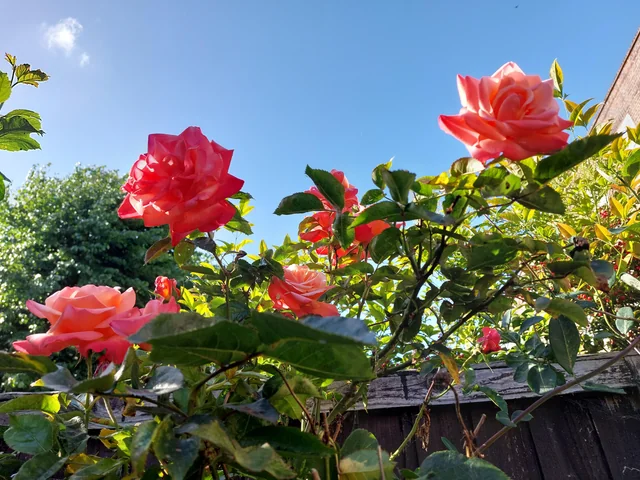
The internet offers a vast selection of organic rose fertilizers that can be delivered straight to your door.
Trusted Online Retailers:
- Amazon: Wide range of national and specialty organic brands.
- Gardener’s Supply Company: Focuses on eco-friendly gardening supplies.
- Planet Natural: Specializes in organic garden products.
- True Leaf Market: Carries organic fertilizers and soil amendments.
- Baker Creek Heirloom Seeds: Occasionally offers organic soil products.
Pro Tip:
Read customer reviews and check product certifications (like OMRI-listed labels) before purchasing.
Farm Supply and Feed Stores
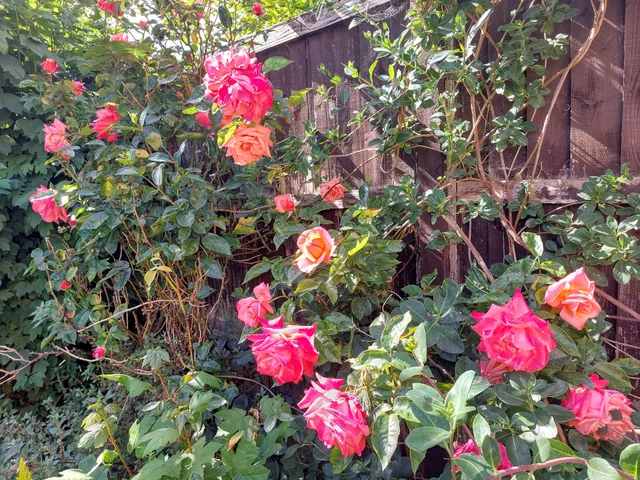
Many farm supply stores and agricultural co-ops stock organic fertilizers like bone meal, alfalfa pellets, and composted manure in larger quantities at competitive prices.
Benefits:
- Ideal for gardeners with multiple rose bushes or large landscapes.
- Often carry bulk organic amendments.
- May have locally sourced compost or manure blends.
Examples:
- Tractor Supply Co.
- Rural King
- Local farmer’s markets
Pro Tip:
When buying manure-based products, ensure they are fully composted to avoid burning your plants.
Organic Gardening Specialty Shops
In larger cities and eco-conscious communities, specialty organic gardening stores cater specifically to organic growers.
Benefits:
- Focus exclusively on chemical-free, natural products.
- May offer custom-blended fertilizers tailored for roses.
- Often support sustainable farming initiatives.
Pro Tip:
Look for shops that are members of organic agriculture associations for verified product quality.
Local Composting Facilities or Municipal Compost Programs
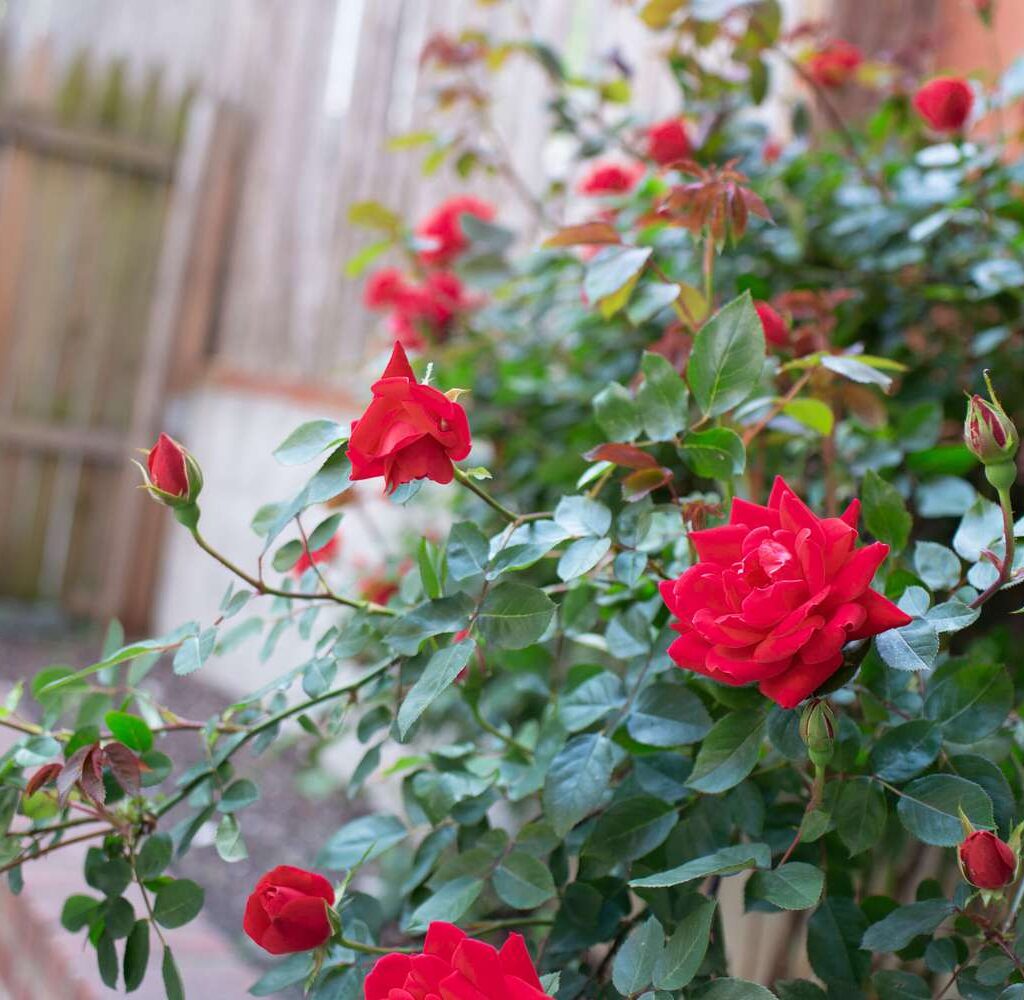
Some municipalities operate composting programs or organic waste recycling centers where you can purchase or pick up nutrient-rich compost and organic amendments.
Benefits:
- Affordable, eco-friendly option.
- Supports local waste reduction efforts.
- Often rich in beneficial organic matter.
Pro Tip:
Check your city’s parks department, public works, or agricultural extension office for compost program details.
Make Your Own Organic Rose Fertilizer
For hands-on gardeners, creating your own organic fertilizers at home is a sustainable and cost-effective alternative.
DIY Organic Fertilizer Ideas:
- Compost tea: Soak well-aged compost in water for 24–48 hours and use as liquid feed.
- Banana peel soak: Soak banana peels in water for potassium-rich liquid fertilizer.
- Eggshell powder: Crush dried eggshells for added calcium.
- Alfalfa meal tea: Soak alfalfa meal in water for a natural plant stimulant.
Pro Tip:
Maintain a home compost bin to create your own rich, organic compost for regular soil enrichment.
Organic Fertilizer Subscriptions and Delivery Services
Some modern gardening services offer subscription-based organic fertilizer kits delivered seasonally.
Benefits:
- Convenient and tailored to your garden’s needs.
- Often include organic pest control and soil health products.
- Great for urban gardeners or busy households.
Examples:
- Lazy Flora
- Bloombox Club
- Urban Organic Gardener (UOG)
Pro Tip:
Ensure the subscription service uses certified organic products suitable for edible and ornamental gardens.
Choosing the Right Organic Fertilizer for Your Roses
When selecting a fertilizer, always check the nutrient ratio (N-P-K) on the packaging:
- Higher nitrogen (N): Encourages leafy growth (best in early spring)
- Higher phosphorus (P): Supports flower and root development (important during bud formation)
- Balanced mix: Ideal for continuous feeding through the growing season
Look for products labeled “OMRI Listed” or “certified organic” for guaranteed chemical-free ingredients.
Conclusion
Roses thrive with thoughtful care, and choosing organic fertilizers is one of the most rewarding, eco-conscious decisions you can make for their health and beauty. Fortunately, there are plenty of reliable options for sourcing organic rose fertilizers — from local garden centers and online retailers to farm supply stores, composting facilities, and even homemade blends.
By understanding the types of organic nutrients your roses need and selecting trustworthy, certified sources, you can cultivate thriving rose gardens bursting with color, fragrance, and ecological harmony. Whether you prefer ready-made mixes, bulk farm products, or crafting your own compost teas and organic blends, nature-friendly fertilizing has never been more accessible or rewarding.
So, the next time you prepare to nourish your roses, skip the chemicals and reach for an organic option — your plants, your soil, and the environment will thank you.





